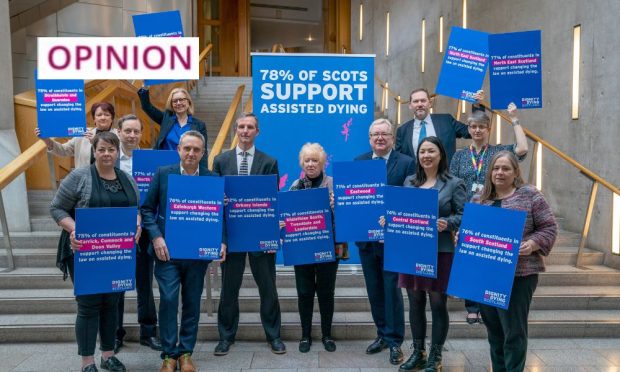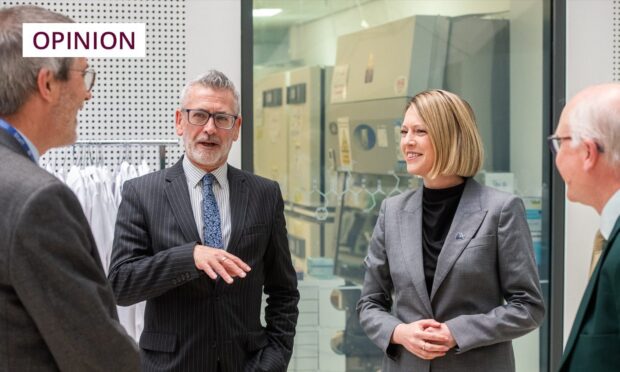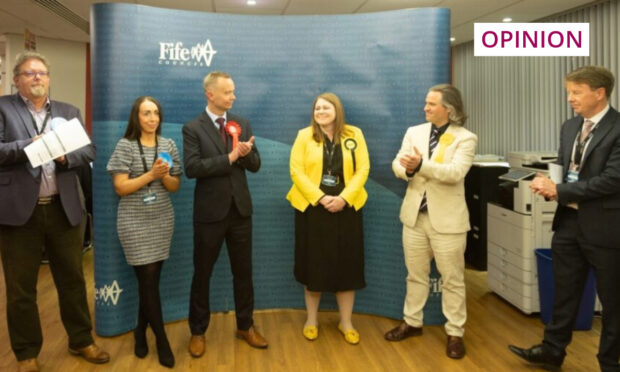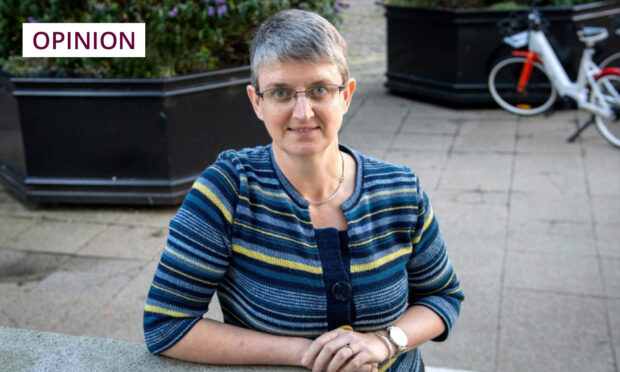Over 25 years of devolution, MSPs have proved themselves more than willing to wrestle with contentions issues.
In recent years alone, the Scottish Parliament has tackled everything from sectarianism at football matches to transgender rights.
But a willingness to take on such controversial issues does not necessarily indicate an ability to overcome them.
After all, anyone can choose to wrestle with a tiger, but few can actually best one.
And when it comes to actually resolving controversial issues satisfactorily, MSPs have repeatedly proved themselves incapable.
Case in point…
The latest example is the SNP’s controversial Hate Crime Act, which became law earlier this week.
To describe this piece of legislation as confused is a gross understatement.
In the hours after it came into force, JK Rowling had to take to social media to bait Police Scotland into clarifying its parameters.
Thousands of others reported their fellow Scots for hate crimes in the following days.
Scottish Conservative MSP Murdo Fraser has proved even those found not to have committed an offence still risk a police record under the act.
All this while those that sprayed racist graffiti near Humza Yousaf’s Broughty Ferry home – purveyors of genuine hate – have, at least for now, escaped detection.
This matters in itself, but also because MSPs are now legislating on another controversial subject: assisted dying.
A bill has been brought forward by the eminently likeable and thoroughly decent Liberal Democrat MSP Liam McArthur, which would allow the terminally ill in Scotland to choose to end their own life.
Assisted dying raises enormous moral and ethical questions, such as those highlighted by former First Minister Nicola Sturgeon.
She has indicated that – though conflicted – she is inclined to vote against the legislation because it risks “[associating] dignity at the end of life with choosing to die, rather than being supported to live in as much peace and comfort as possible”.
Burning questions
On the other side, McArthur argues that “despite the best efforts of palliative care, dying people are facing traumatic deaths that harm both them and those they leave behind” – a reality that would be avoided were assisted dying introduced.
This is an entirely legitimate debate but – given Holyrood’s recent legislative record – there is also the burning question of whether MSPs are actually capable of navigating the practical implications of assisted dying too.
What, for instance, is a terminal illness?
McArthur’s bill as drafted defines it as a disease that is “advanced” and “progressive” from “which [the individual] is unable to recover”.
Such loose and subjective terminology, coupled with the vagaries and varieties of medical advice, risks creating a situation where some doctors will sanction death and others will not in relation to the same patient.
Thus, we may end up with a two-tier system where some who wish to end their life are able to do so, while others are not, despite their medical circumstances being similar.
Equally, there is little consideration of those with access to private healthcare, who may be able to cherry-pick medical practitioners based on their willingness to acquiesce to accelerating the patient’s own death.
None of this is necessarily to criticise McArthur’s proposal or to disagree with the principle that a terminally ill person should have the right to end their own life.
The bill is, after all, still in its early stages and may well be strengthened under scrutiny.
Nevertheless, given Holyrood’s recent legislative record, it is legitimate – even at this stage – to question whether a group that recently failed to organise a functioning recycling scheme can also be trusted to successfully navigate matters, quite literally, of life and death.
‘Overwhelmed by heartfelt responses’
While we are on the subject of life and death…
It will hopefully – 600 words and counting – now be apparent that I survived my cancer surgery on March 11.
In fact, the operation went even better than I had dared to hope: not only did I emerge with all my limbs intact but – after nine hours of deboning and fileting – the incredible surgical team also managed to keep my hand functioning too.
It is now a question of waiting for the pathology results to confirm whether the cancer was fully removed, but I am enjoying my convalescence in the meantime.
Whatever the outcome though, I have been overwhelmed by the generous, heartfelt responses to my last column on my diagnosis and treatment. From close friends to old friends to total strangers, it has been incredibly uplifting to receive such warm wishes from others.
Of course, there is still a long road of recovery ahead, and there will doubtless be more bumps to come.
But, while it is often suggested that cancer is a lonely place, the kindness of others in the last few weeks has made me feel anything but isolated. Thank you.














Conversation